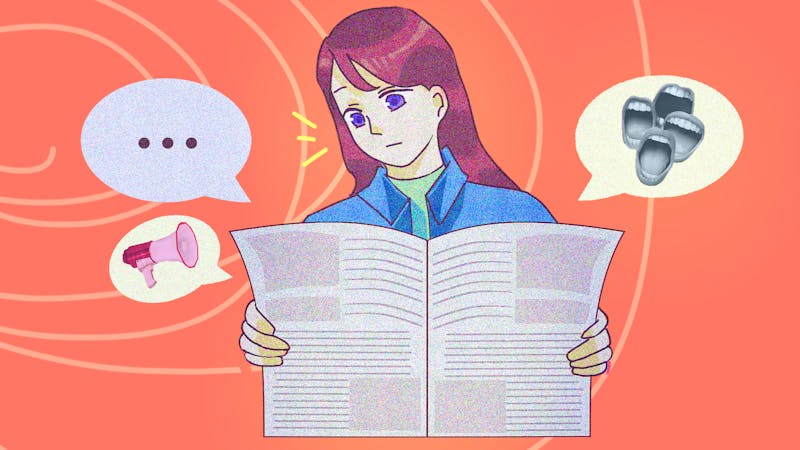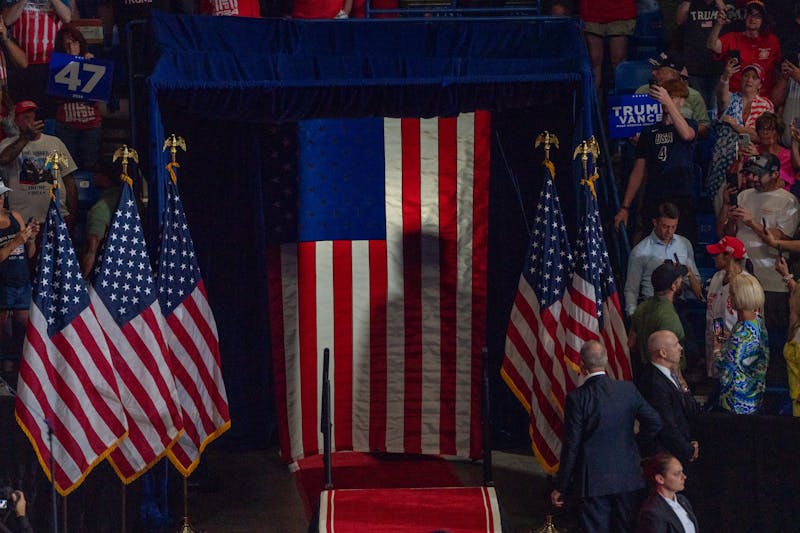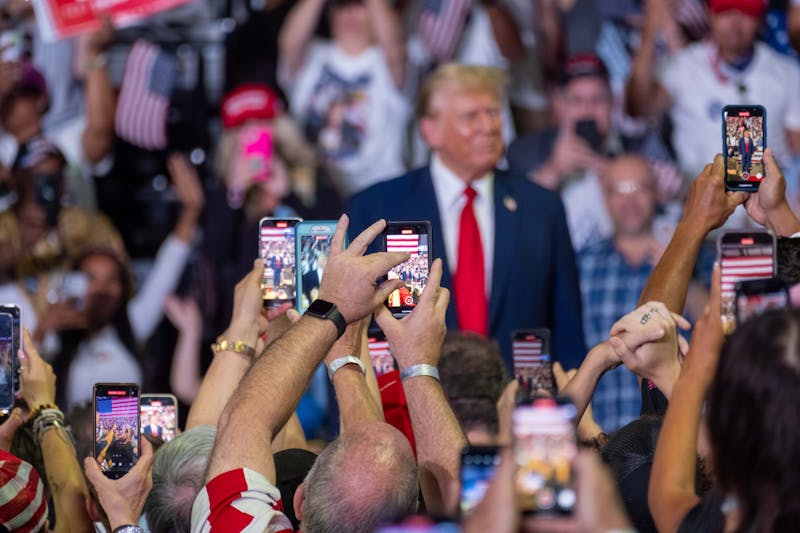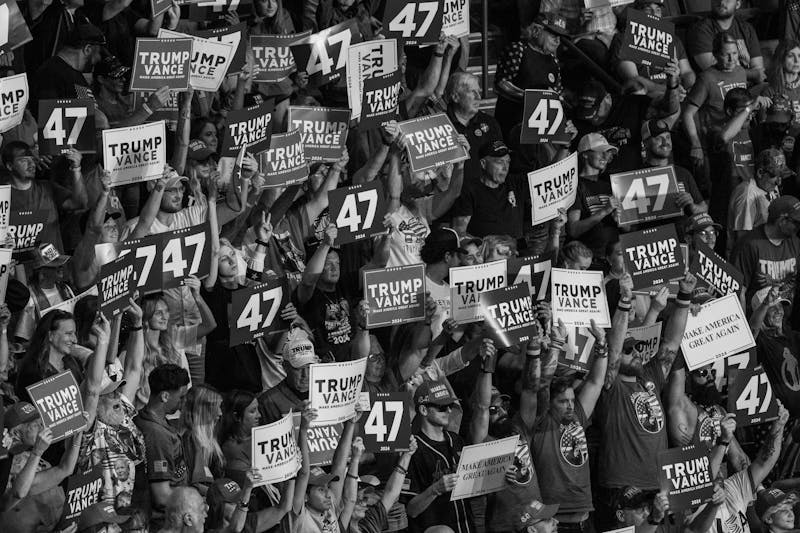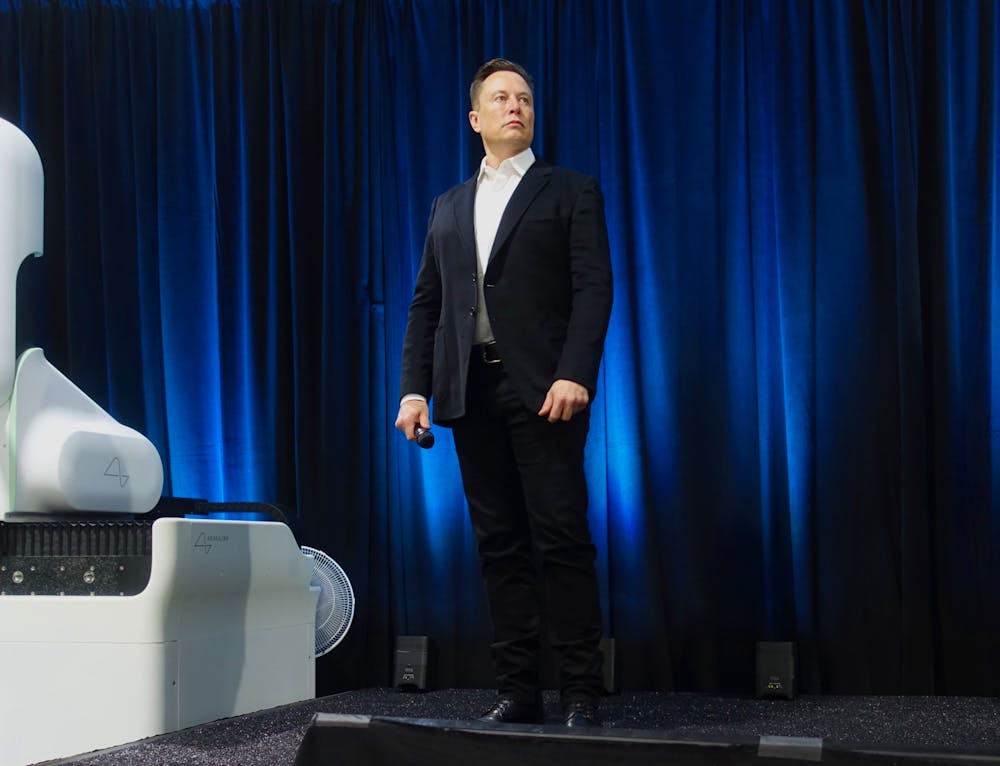
Columnist Lala Mustafa discusses the double standards of speech, exemplified by Elon Musk's "Roman salute"(Photo by Steve Jurvetson | CC BY 2.0).
It began with a gesture. A deliberate motion of the arm, cutting through the air in a way that recalls some of the darkest chapters of history. Elon Musk, the wealthiest man in the world and a self-proclaimed champion of free speech, offered this Nazi salute during Donald Trump’s inauguration, leaving the crowd — and the world — to interpret its meaning. Almost instantly, the clip found a home in the echo chambers of white supremacists. To them, it was a moment of validation.
Christopher Pohlhaus of the neo-Nazi group Blood Tribe shared the video adorned with lightning-bolt emojis, an homage to the Nazi SS, and gloated, “I don’t care if this was a mistake. I’m going to enjoy the tears over it.” Andrew Torba, founder of Gab — an infamous breeding ground for extremist propaganda — exclaimed how “incredible things are happening already.” The Proud Boys Ohio Chapter roared their approval with cries of “Hail Trump!” Far-right leaders reveled in what they perceived to be a rallying cry, while Musk’s defenders scrambled to frame the moment as awkward, even attributing it to his autism — as if the two are mutually exclusive. One can be autistic and still propagate dangerous ideologies.
Musk, of course, offered no explicit denial. Instead, he dismissed the criticism with Nazi-themed puns and flippant tweets, claiming, “Some people will Goebbels anything down!” Experts like Amy Spitalnick, head of the Jewish Council for Public Affairs, saw through the smokescreen. “The salute itself should be enough to warrant condemnation,” she said, adding that such gestures embolden violent extremists, regardless of intent.
To understand the weight of Musk’s actions, one must examine his history. Born in racially segregated South Africa, Musk grew up in a society where systemic oppression and white supremacy were not veiled but instead institutionalized. His family’s wealth and privilege were built on a foundation of racial injustice, yet Musk rarely acknowledges this legacy. Instead, he aligns himself with ideologies that mirror the power dynamics of his upbringing.
Recently, Musk spoke at a rally for the far-right Alternative for Germany — a party known for its anti-immigrant stance — ironic given Musk’s own status as an immigrant. He urged the country to “move beyond” its Nazi history, echoing rhetoric that dangerously downplays historical accountability. In Italy, he has become a cultural touchstone for Giorgia Meloni’s right-wing government, which drape its nationalism in the language of cultural preservation and repackagess exclusionary policies as patriotic pride. Intervening in British politics, Musk has championed Tommy Robinson, a far-right, anti-Islam provocateur. His amplification of the “Great Replacement” theory cements his role as a megaphone for white nationalist fears while cloaking his contradictions in the name of modernity and progress.
Not long ago, Musk even threatened to sue the Anti-Defamation League, accusing them of tarnishing his reputation after they called out his role in amplifying antisemitism on X, the platform formerly known as Twitter. Yet today, the ADL stands in his corner. It’s not just a betrayal of principle — it’s a concession to the uncomfortable reality that antisemitism, in the hands of the “right” figure, can be reframed, forgiven, or simply ignored. Enter Israeli Prime Minister Benjamin Netanyahu, who hails Musk as a “friend of Israel,” underscoring how Zionism, after all, is a political project, and like any project, it leans on those who can fund or bolster it.
As the world bends over backward for yet another prejudiced billionaire, another story far removed from the wealth and spectacle of Musk’s world is taking place. On college campuses, students protesting oppression have found themselves under relentless scrutiny. These are not violent agitators or extremists; they are young people speaking up for human rights. Yet, their dissent has been met with hostility: accusations of antisemitism often from the very organizations and individuals who eagerly defend Musk himself. At Penn, the machinery of surveillance has turned its gaze toward these students. Digital footprints have been combed through, phone records examined, and router data pulled. Let’s not pretend this is about “protecting campus communities” or ensuring security.
It’s about power — who wields it and who dares to challenge it. When students protest systems of violence, they’re not just dismissed; they’re treated as threats to be neutralized. Meanwhile, Elon Musk, a man who amplifies white nationalist rhetoric on X and replicates the Nazi salute, gets a free pass.
Why? Because when power stumbles, we cushion its fall.
The students protesting on campuses across the world are not the villains of this story. The lead roles are privilege and selective outrage. Protests are criminalized, activism is pathologized, and people like Musk are insulated from accountability through their billions.
While it began with a gesture, it didn’t stop there. Musk’s salute is a microcosm of a broader societal trend: the normalization of extremism and the criminalization of dissent. Will we hold the powerful to account, or will we allow their wealth to dictate our morality?
LALA MUSTAFA is a College junior studying international relations and history from Baku, Azerbaijan. Her email address is lmustafa@sas.upenn.edu.
The Daily Pennsylvanian is an independent, student-run newspaper. Please consider making a donation to support the coverage that shapes the University. Your generosity ensures a future of strong journalism at Penn.
Donate







